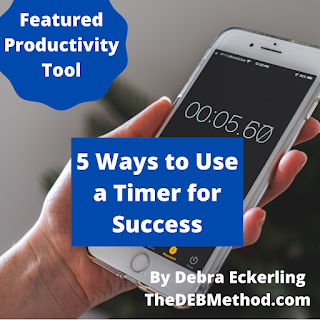By Karen Cioffi
There are certain strategies that social media marketers use to make their efforts effective. It’s not enough to simply publish your blog posts to the social channels. You need to have a plan. You need to work the system.
1. Number one is a give-in: you need to know your audience and cater to them.
This goes for any form of marketing – you need to know who your audience is and what they need or want.
It’s pointless to send messages to the technology industry when your platform is on health writing.
It’s pointless to send in-depth SEO marketing posts to an audience that’s just getting their feet wet in the marketing arena.
It’s pointless to send ‘how to find a mate’ posts to an audience who wants to learn marketing strategies.
You get the idea.
Your platform needs to be focused on what your target audience wants.
Along with this, the Social Media Examiner post points out that your audience’s needs may change. You need to keep current on all things pertaining to your industry / niche and with the changing needs of your audience. Keep ahead of the game and help your audience do the same.
Let your audience know you’re the ‘go to’ person in your niche.
I do lots of research to come up with helpful posts for my readers. I also share helpful posts I come across in that research. If you think an article you’re reading will benefit your audience, share it.
2. Build relationships.
Marketing on social networks isn’t just about ‘hit and runs.’ You shouldn’t just post your content and run. You need to build ‘meaningful’ relationships with customers, other businesses, and anyone else within your business realm.
To build these relationships, you’ll need to offer helpful information that is actually useable. You want to inform, teach, and help those in your network.
Along with this, you need to engage with other users. Share the posts of others. Help promote a product or service you know to be helpful. Take the initiative to help others in your networks.
I spend around 30 minutes each day to schedule my posts, share the posts of others, and to engage with others in my social network sphere.
Social Media Examiner says to, “be a giver as you interact” with your audience. “Offer your time, resources, knowledge, encouragement or support.”
This helps build relationships.
3. Making money also needs to be a factor.
While you should earnestly want to help those in your audience, it’s also important to spend your time fruitfully.
Not many can selflessly spend time helping others. Businesses need to make money to survive.
To keep this in the forefront of your social media marketing strategy, promote what you’re selling. Whether it’s a product, a service, a workshop, a presentation, include it in your social media postings.
Now, to do this, you need to upload lots more helpful information compared to promotional content. A standard ratio is 85% useable content to 15% promotion. You might even lean more toward 90/10.
You don’t want your audience to feel you’re using them for your own gains. Give lots and lots of quality information. Be helpful.
At one point, I posted around 12 to 15 posts of my own posts to Twitter each day. I also share posts of others that I come across in research. In addition, I Retweet and Favorite other users’ Tweets.
I would share 10 to 15 posts of others each day in addition to my own. This is being active and engaging. My connections know I offer valuable information on a regular basis.
This allows me to promote what I’m offering without seeming overly promotional.
Due to a very heavy work load, I’ve had to reduce the number of posts per day, but I am still consistant.
4. Monitor your results.
This is a must for all your marketing strategies. If you don’t monitor what you’re doing, you’ll never know what’s working and what’s not.
Monitoring your results is time well spent. Don’t forego this step.
Even if you don’t want to spend hours on analytics, you can simple monitor your website traffic and its sources. And, you can easily see if you’re getting sales from your efforts.
If you’re not seeing the results you need, change course. Try another strategy.
To read the article at Social Media Examiner, click the link:
6 Habits of Social Media Marketers
Karen Cioffi is an award-winning author, ghostwriter, and author/writer online platform instructor. Get must-know writing and marketing tips at
http://thewritingworld.com.
And, check out Karen’s e-classes through WOW! Women on Writing:
http://www.articlewritingdoctor.com/content-marketing-tools/
MORE ON WRITING AND BOOK MARKETING
One Last Edit? Rethink Before Submitting
Email Marketing – 10 Top Reasons to BE Doing It
By-Pass Marketing and Book Selling




















